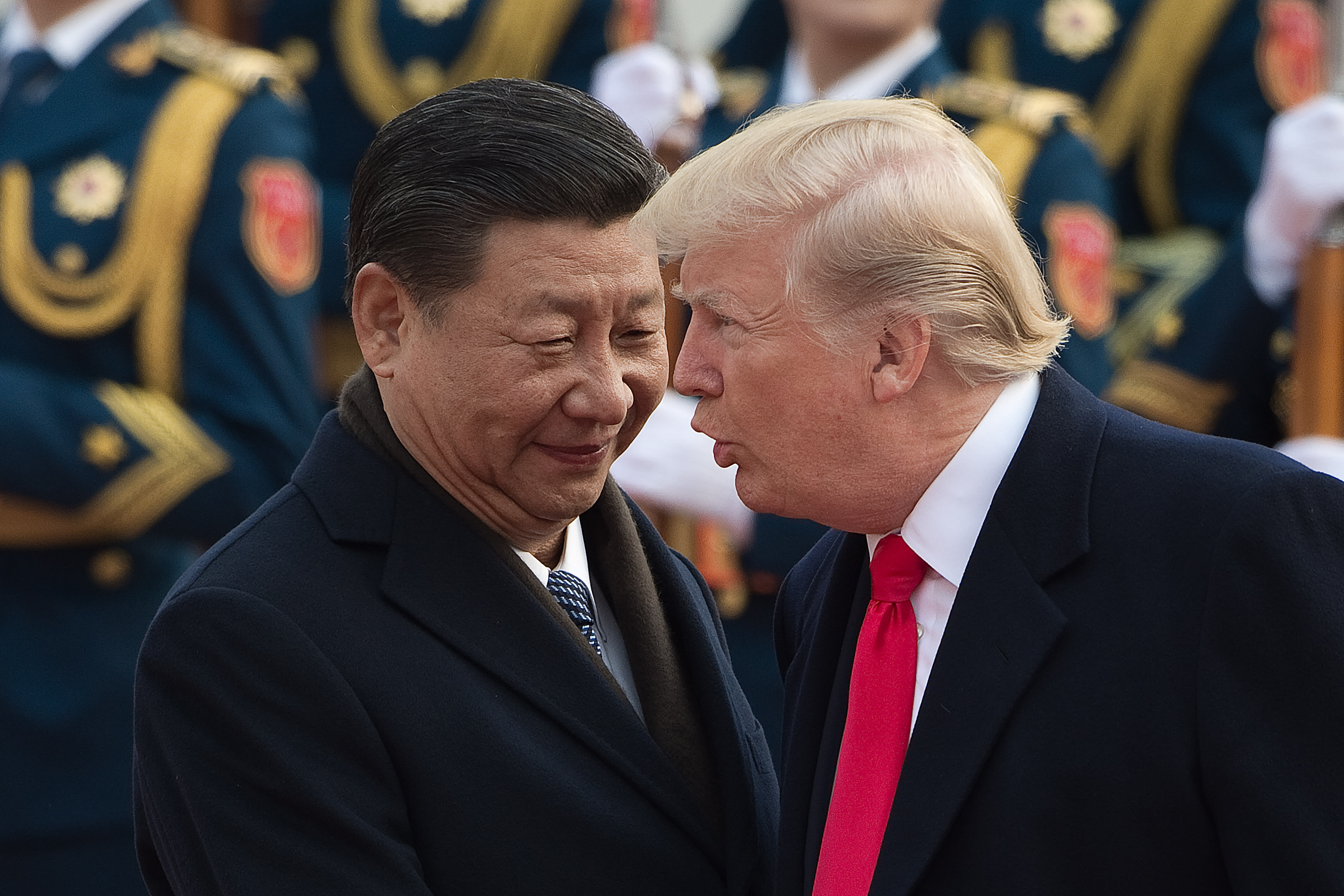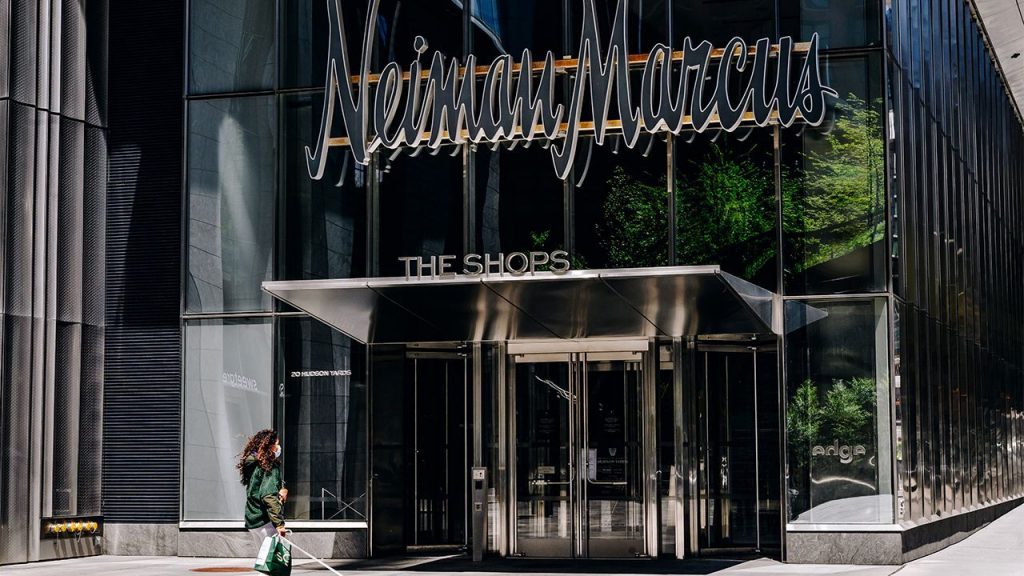
China’s President Xi Jinping and U.S. President Donald Trump attend a welcome ceremony at the Great Hall of the People in Beijing on Nov. 9, 2017.
Nicolas Asfouri | AFP | Getty Images
China is unlikely to use its currency aggressively as a tool against the U.S., even if tensions continue to ramp up between the two economic giants, Morgan Stanley’s chief economist told CNBC.
“I think there’s another trend that’s emerging … China doesn’t want its currency to be that volatile, or be seen to be a currency which is not seen to be stable enough to be a long time venue for being a reserve currency,” Morgan Stanley’s Chetan Ahya told CNBC on Thursday. The U.S. dollar is currently the world’s reserve currency, but Beijing has been pushing for greater use of the Chinese yuan internationally.
A weaker yuan has previously been a key source of contention between U.S. and the China, with U.S. President Donald Trump accusing Beijing of intentionally letting its currency slide lower. A weaker yuan makes Chinese exports more attractive, giving them a competitive advantage in international markets, some experts argue.
Last year, the Trump administration labeled China as a currency manipulator after Beijing allowed the yuan to weaken to 7 against the dollar — a closely watched psychological level — for the first time in 11 years.
The onshore yuan was last trading at 6.9868 against the dollar on Thursday morning, and the offshore yuan was at 6.9872 – both strengthening from the weakest levels of around 7.17 in May.
Beijing won’t use its currency ‘aggressively’
Relations between the U.S. and China have been worsening in recent months over the coronavirus pandemic as well as Beijing imposing a national security law on Hong Kong. U.S. President Donald Trump on Tuesday said he signed an executive order ending the preferential treatment that Hong Kong has been receiving. China has vowed to retaliate against that move.
On Wednesday, U.S. Secretary of State Mike Pompeo said Washington will impose visa restrictions on Chinese technology firms.
Ahya added: “China will, we think, not be using its currency aggressively, even if there were to be new rounds of trade tensions emerging. We think they will be more focused on, in the context of geopolitical developments, trying to keep it more stable so that it can be seen as a stored value currency where people are enticed to get into Chinese assets.”
China has made some strides in internationalizing the use of the yuan as Chinese assets are increasingly traded in global markets — which leads to more foreigners needing to trade in the yuan.
Chinese A-shares — those traded in mainland China — have been included in MSCI’s global and regional indexes. The A-shares, as well as Chinese bonds in the Bloomberg Barclays index, are traded in yuan.
In fact, Goldman Sachs predicted that the yuan will strengthen to 6.70 per the greenback in the next 12 months as its domestic economy sees a strong rebound from the coronavirus shock.
In a report last week, the investment bank wrote that investors may look past the short-term “noise” surrounding the tense relationship between both countries.
“First, financial markets may increasingly look through a pickup in near-term noise around the bilateral relationship, because polling data points to higher odds of turnover at the White House next year, which could affect US foreign policy goals and tactics,” it wrote.
“Second, China’s domestic fundamentals look increasingly solid: growth remains sturdy, the virus is reportedly under control, the trade surplus has expanded, and both equity markets and interest rates are moving higher,” added the Goldman report.

